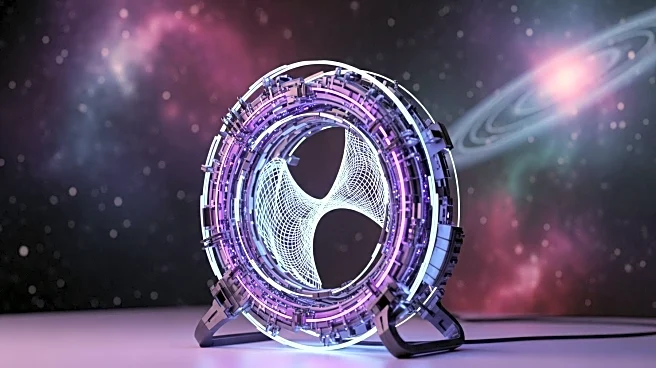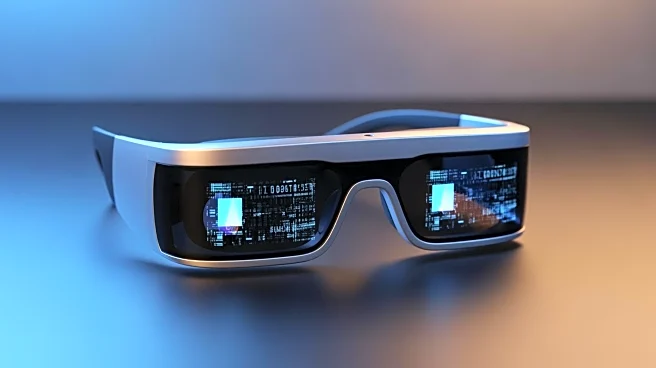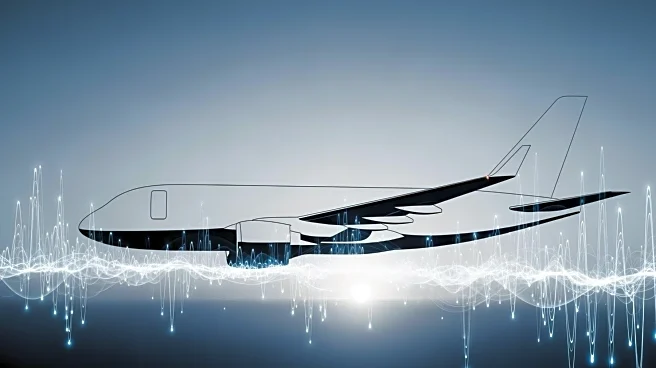What is the story about?
What's Happening?
Researchers at the Chinese Academy of Sciences have proposed that the gravitational wave event GW190521, detected by LIGO and Virgo, may be the result of a black hole collision in another universe, creating a temporary wormhole. This hypothesis challenges the conventional understanding that the event was a standard black hole merger. The researchers suggest that the short duration of the signal could indicate a wormhole collapse, offering a new perspective on gravitational wave phenomena.
Why It's Important?
The possibility of detecting a wormhole from another universe could revolutionize our understanding of cosmology and the nature of the universe. If proven, it would provide evidence for the existence of other universes and the potential for inter-universal connections. This could have profound implications for theoretical physics, prompting a reevaluation of current models and theories. The research highlights the importance of gravitational wave observatories in exploring the mysteries of the universe and advancing scientific knowledge.
What's Next?
Further research and analysis are needed to validate the wormhole hypothesis. Scientists may conduct additional observations and develop more sophisticated models to test the theory. The scientific community will likely engage in debates and discussions regarding the implications of such a discovery. If confirmed, it could lead to new research initiatives focused on exploring inter-universal phenomena and the potential for practical applications in space exploration and technology.
















